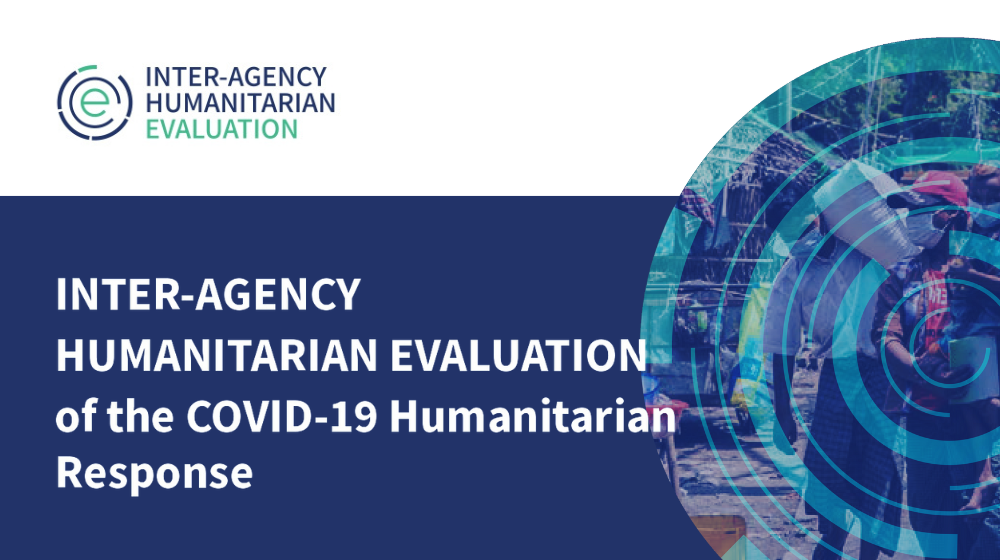News
Amid wreckage in Beirut, health and psychosocial needs are paramount
- 13 August 2020
News

The Inter-Agency Humanitarian Evaluation (IAHE) is an independent assessment of the preparedness and response of Inter-Agency Standing Committee (IASC) members to the COVID-19 pandemic from 2020-2022. It is the first-ever evaluation of the IASC's humanitarian response to infectious disease events. It is also the largest IAHE of a humanitarian response to a pandemic.
The evaluation assesses the humanitarian system’s response to COVID-19, identifies best practices and lessons learned, and highlights challenges and opportunities to improve responses to global crises in the future.
The evaluation team conducted 640 interviews; 169 focus group discussions and reviewed over 3,500 documents. Eight case studies were conducted in Bangladesh, Colombia, the Democratic Republic of the Congo, the Philippines, Sierra Leone, Somalia, Syria, and Türkiye.
The IAHE highlights the humanitarian community’s strong response in expanding and adapting its programming to meet the needs of a large affected population during the pandemic. However, the worldwide restrictions on international aid highlighted the need for long-awaited reforms in locally-led humanitarian action and accountability to affected people. Progress in these areas could have improved the COVID-19 humanitarian response to vulnerable people; expanded delivery capacities; prevented the risks of sexual exploitation and abuse and built trust with affected communities. The main challenge to advancing these areas is a lack of leadership, incentives, and commitments from major players to change the current aid architecture.
The IAHE recommends the IASC accelerate humanitarian reforms and improve pandemic preparedness. The global humanitarian community should also prioritize a people-centred, locally-led response that places affected individuals at the forefront of response efforts.
The evaluation was undertaken by the IASC-associated Inter-Agency Evaluation Humanitarian Steering Group, chaired by OCHA. UNFPA Evaluation Office was part of the management group, including ALNAP, DRC (on behalf of the ICVA), IOM, SCHR, UNDP, UNHCR, UNICEF, WFP and WHO. The Global Evaluation Advisory Group included Action Aid, Asia Pacific Network of Refugees, AUB, FCDO, German Federal Foreign Office, Ground Truth Solutions, GMI, McGill University, UN, USAID, United Nations Resident Coordinator, Chad, and the World Bank.
Publication
Number of pages: 61
Publication date: 31 Dec 2022
Author: UNFPA
News
News
Empowering and Engaging the Youth to Mitigate the Multi-Dimensional Threats of the Health Pandemic
News
News
Publication
Number of pages: 10
Publication date: 09 Jul 2021
Author: UNFPA
Publisher: UNFPA
News